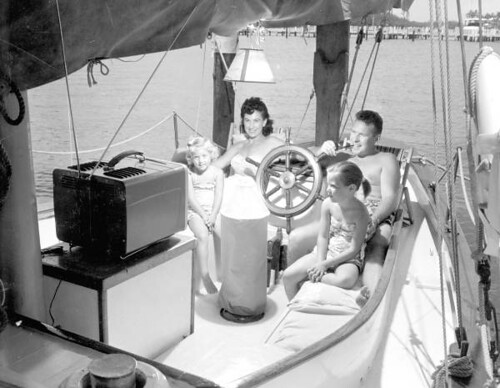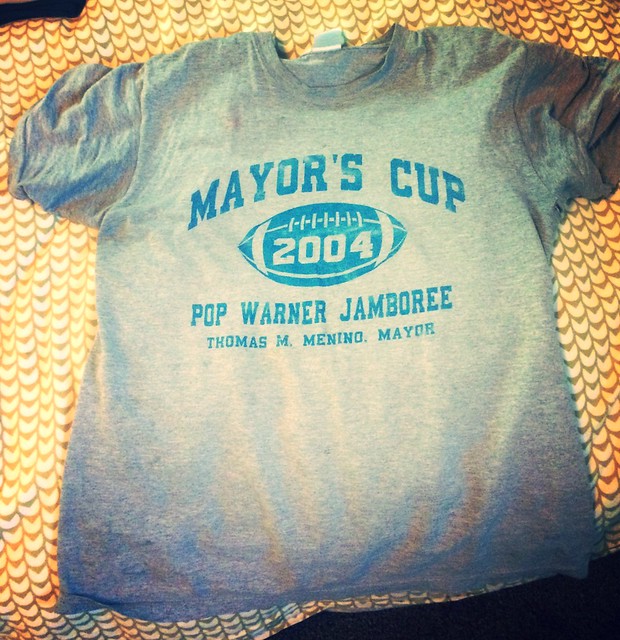Required Reading: What Made Maddy Run
/I haven't visited Anne Frank's house in Amsterdam and seen where she and her family hid in the annex until the Gestapo found them. I have, however, imagined many times what it was like for her father to return to that place and find her diary. I understand if you visit the house, you will watch a television clip of Otto Frank saying how surprised he was to finally read Anne's "deep thoughts, the seriousness, especially the self-criticism." I am always so amazed at the honesty, the humility it must have taken this loving father who had lived in the closest of proximity that any parent could imagine to occupy with his or her teenager for years to say, "My conclusion is...that most parents don't know --really--their children."
Madison Holleran kept an Anne Frank quotation in her inspiration log on her MacBook. This is what journalist Kate Fagan found after Holleran committed suicide and Holleran's family gave Fagan the laptop. Fagan first reported on Holleran's tragic death in an excellent feature, "Split Image" on espnW. Fagan has expanded the piece into a book, What Made Maddy Run: The Secret Struggles and Tragic Death of an All-American Teen
I think this book is so important because Maddy is every kid who has ever put pressure on himself or herself to not just do well but to be excellent in order to make her parents proud. This passage by Fagan resonated with me:
Those lucky enough to grow up envisioning college start hearing about the building blocks of a college resume (the boxes that need checking, the optics that need preserving) from the moment they enter high school, and sometimes even sooner. Too often, kids are herded into commitments and activities that are born not of passion but of obligation. These obligations can continue for years because stopping is not seen as a possibility. Those who do stop risk being perceived as lacking fortitude to push through when the going gets tough.
I was Maddy to the nth degree, working two jobs in high school while pulling a 4.0, leading every imaginable service club, and crushing it with the extra-curriculars. The chief difference is that I slid into my depression/anxiety valley in which I stopped eating and menstruating and generally wanting to be alive well before I left for college. My parents helped me to get the extra support I needed. I believe my story could have been Maddy's story had I not already been in therapy by the time I left for school.
 The other chief difference is that Maddy came of age on social media. Fagan does a first-rate job of explaining the paradox of overconnection and undercommunication. Although we are in touch with one another all day, few of us are engaged in face-to-face communication with each other, or hearing the deep, heaving sigh on the phone. We are constantly decoding what is uttered between the emoji. Fagan's indictment of this 24/7 texting, posting culture is accurate and she concedes that she has admittedly perpetuated it at times.
The other chief difference is that Maddy came of age on social media. Fagan does a first-rate job of explaining the paradox of overconnection and undercommunication. Although we are in touch with one another all day, few of us are engaged in face-to-face communication with each other, or hearing the deep, heaving sigh on the phone. We are constantly decoding what is uttered between the emoji. Fagan's indictment of this 24/7 texting, posting culture is accurate and she concedes that she has admittedly perpetuated it at times.
What Made Maddy Run is part communication scholarship, part journalism, and part mental health exposition. It is a book that comes alongside a grieving family and asks them to share what they knew then and what they know now. It is not a parenting guide for how to launch a teen into a safe Instagram filter. It is not a playbook for suicide prevention. It is simply a necessary book that has made me feel less alone, not only as one who battles generalized anxiety/depression, but as one who is shepherding kids through uncharted territory. Like every parent who has gone before me, I'm just trying not to be in the dark.





